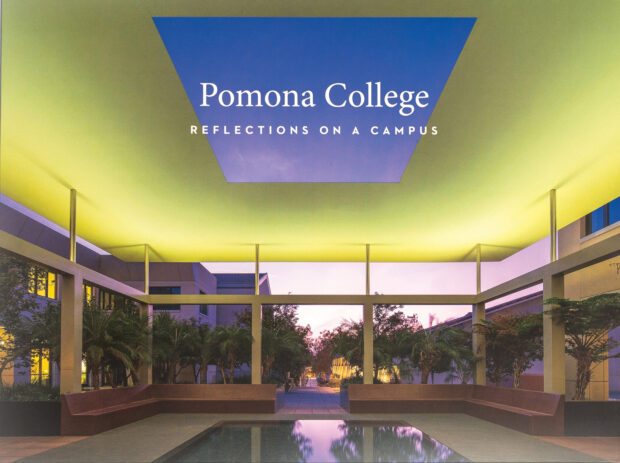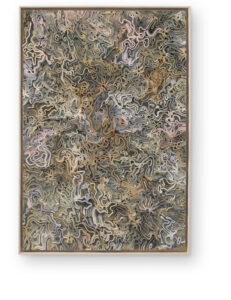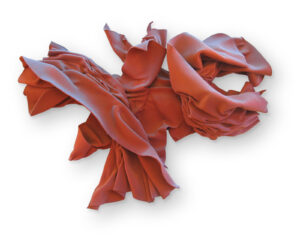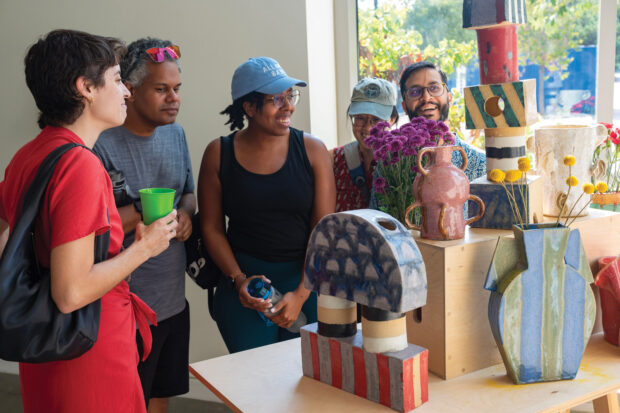The Pomona College catalog is ever-evolving, with new and revised courses continually introduced. Among the dozens of fresh offerings this academic year were Medical Ethics, taught by Associate Professor of Philosophy Julie Tannenbaum, and Negotiating the U.S. Policyscape, taught by Visiting Assistant Professor of Politics Sean Diament.
Associate Professor of Philosophy Julie Tannenbaum’s Medical Ethics class explores topics such as gene editing and euthanasia.

Associate Professor of Philosophy Julie Tannenbaum’s MedicalEthics class explores topics such as gene editing and euthanasia.
Tannenbaum’s course touched on topics people will likely face at some point, such as whether euthanasia is permissible and how to respond to health-care practitioners who conscientiously object to providing this and other kinds of medical services.
Many individuals have already weighed in on such debates: “Voters, for example,” Tannenbaum says, “sometimes directly determine whether certain medical procedures, such as assisted suicide or abortion, will be legally permitted.”
Some medical advances seem to raise new questions—as is the case with Clustered Regularly Interspaced Short Palindromic Repeats, or CRISPR, which can be used to eliminate impairments in living organisms and as an enhancement in both embryos and adults.
While the question of how to use such emerging medical technology is pressing, this type of issue isn’t new by any stretch.
“Long before CRISPR,” Tannenbaum says, “people were exercising control over what their children would be like, via abortion, embryo selection post-IVF and many other methods. Many of the moral issues with those choices are applicable to CRISPR.”
Diament’s policy class examines how public dissatisfaction with politics combined with politicians running against government culminate “in a particularly self-destructive expression of politics and consistently underwhelming policy provision system.”
In a political realm where perception is often black and white, Diament’s course encourages students to find and explore the gray.
“There is very little coherent logic to the American state, both in politics and especially in governance,” he says. “Our system is the product of centuries of snap decisions based on contemporary issues, that are then left on the books and continue to inform and restructure American politics.”

Visiting Assistant Professor Sean Diament, right, introduced a new politics course called Negotiating the U.S. Policyscape.
Diament’s expertise in the field includes the politics of poverty, political inequity, power and conflict, and American political development, among other emphases.
Beyond the political realm, to understand the policyscape, Diament says, is to understand the professional world.
“Coordination is difficult. Problem solving even more so,” he adds. “But another key lesson is to recognize that incremental progress is still progress, and that small modifications to a business, nonprofit, or governmental body can have profoundly positive effects on individual lives.”
Above all, the politics professor adds, Negotiating the U.S. Policyscape sets out to explain how “governing even in the best of times is extremely hard, even without considering a form of toxic politics that makes it that much harder in the contemporary era.”
Here’s one mailing list you might want to be on: Professor of Art Mark Allen turns personal cards and letters into things of beauty, embellishing the outer envelopes with all manner of designs and decorative flourishes. His exhibit From the Desk Of last fall in the Chan Gallery at Pomona’s Studio Art Hall featured prints, posters, zines, pop-ups and a wall of envelopes that once held missives to various friends, faculty, staff, students and alumni. Take a look.
